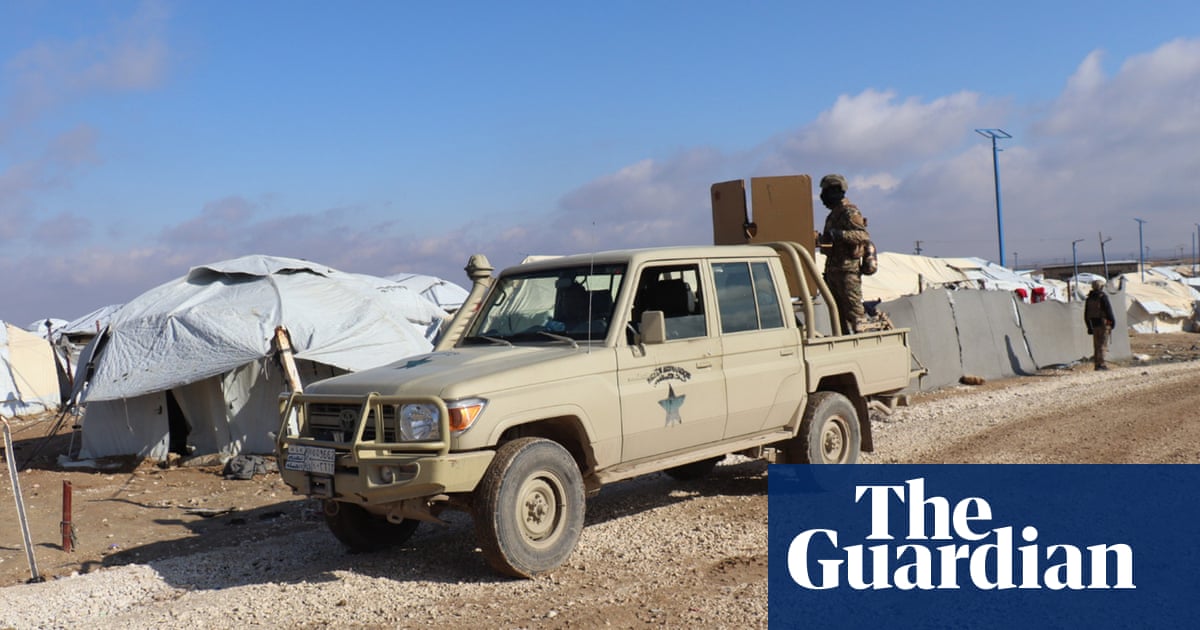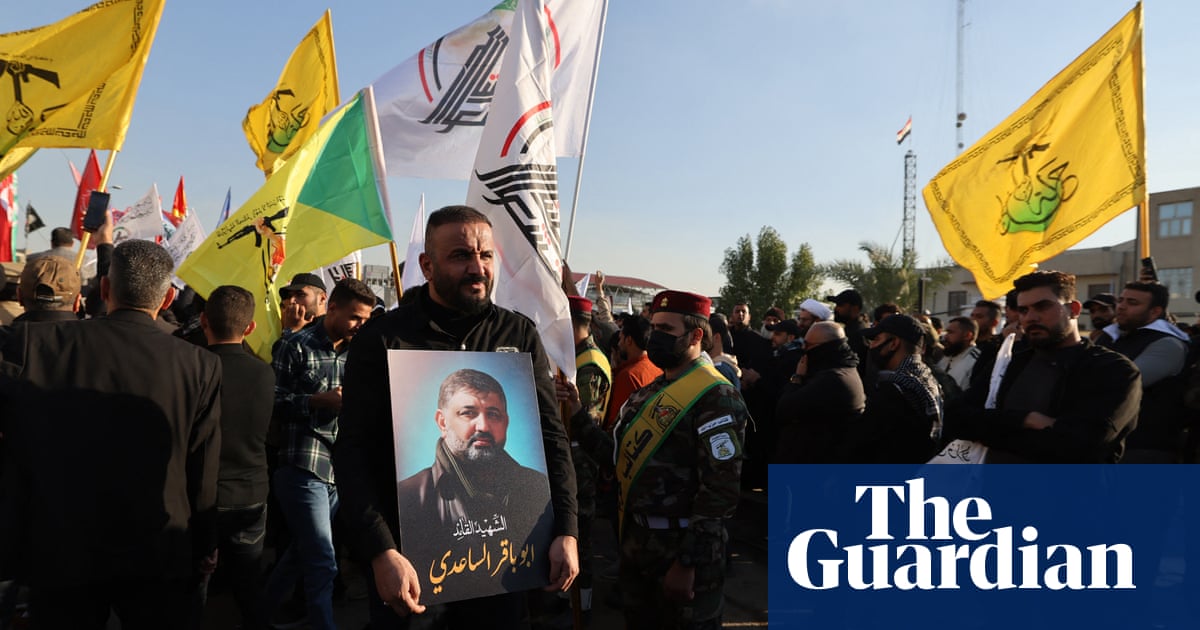
KABUL: It’s been more than two weeks since a US drone strike killed Zamari Ahmadi, an Afghan engineer working for an American aid group, and nine members of his family, including seven children, after he returned home from work in a residential neighborhood of Kabul.
But a dark cloud continues to hang over surviving members of the Ahmadi family since the Aug. 29 raid when the US fired its last-known missile in its recently ended 20-year war in Afghanistan.
The drone struck Zamari’s car after he had parked it in a compound of the Khoja Boghra locality where he lived with his brothers and their families, killing him, three of his children aged between 11 and 20, and nephews and nieces instantly.
ad
His brother, Aimal, who lost his three-year-old daughter in the attack, is now seeking justice, incensed that his family was wrongly targeted and demanding that the US “must pay compensation” or face legal action.
“On that horrible and black day, my brother had just returned from his job. I had gone out to buy groceries and was on my way back when I heard a loud sound and saw thick black smoke in the area. I couldn’t believe my family had been killed,” Aimal told Arab News.
“We are destroyed. Those who carried out this attack and killed our loved ones must now be punished. America must pay compensation to my family,” he said.
US military officials have maintained that the purpose of the “self-defense” strike was to eliminate “an imminent Daesh-K threat,” referring to Daesh-Khorasan, an affiliate of the militant group, similar to an attack at Kabul airport, killing 13 US service members and 169 Afghans, three days earlier.
On Sept. 1, an hour after the attack, General Mark Milley, chairman of the Joint Chiefs of Staff, called it a “righteous strike” that correctly followed procedures, telling a press conference: “One of those killed in the drone strike was carrying a vehicle loaded with explosives.”
ad
Officials said that the decision was based on hours of surveillance of Zamari’s car, which allegedly contained a bomb, and was meant to weaken Daesh’s ability to disrupt the final phases of Washington’s chaotic evacuation efforts ahead of the Aug. 31 deadline as thousands rushed to escape the Taliban after their capture of Kabul on Aug. 15.
To Aimal, however, claims that his brother was a potential Daesh suicide bomber are infuriating.
He said that Zamari, 37, who had worked for California-based aid group Nutrition and Education International (NEI) since 2006, was a “law-abiding citizen” who, along with their nephew, Nasir Haideri, had applied for the US Special Immigrant Visas which were being processed at the time of the strike.
The SIVs are granted to Afghans who worked for US troops in Afghanistan in the past two decades.
Aimal said that Nasir, who died in the attack, was to be married in the first week of September and start a new life in America.
He also rejected reports of “explosives” in Zamari’s car, demanding proof and disputing official claims.
“They were water containers which he had brought home from the office as we are facing a shortage of water. He filled them at his office and would bring them home. All the evidence is contrary to the false claims of the Americans,” Aimal said.
ad
“We will file a lawsuit. Washington must provide proof that Zamari was carrying a car full of explosives,” he said, adding that US officials “have not established contact with their family yet.”
Zamari’s son, Samim, who survived the attack, said that they “will continue to wait.”
“Because of the (political) situation in the country, we have not yet seen any communication from US officials. We are waiting for a call, and we want justice,” he told Arab News.
Experts, however, warned that the law may not be on the Ahmadis’ side.
“This incident cannot be prosecuted according to the Afghanistan law,” Abdul Wahid Farzayee, a legal expert based in Kabul, told Arab News.
“It’s because the country is facing a political gap. So now, the family should ask the international community and the United Nations for compensation. They must not forget that this incident took place when the US was leaving, and they are not responsible,” he said.
US-led foreign troops completed their withdrawal from Afghanistan on Aug. 31, ending Washington’s longest conflict after two decades of occupation in the country.
ad
The Taliban have since cemented their control over Afghanistan, announcing their interim government last week, with more ministries to be announced soon.
But Abdul Haseeb Rahmat, an independent legal expert, said that the Ahmadis could seek recourse through other channels.
“For such incidents, the US is credible and has a special fund,” he told Arab News.
“They must fulfill their obligations. The incident should be followed by the human rights groups and the ICC because it is a clear violation of humanitarian law,” Rahmat said.
In the past few days, the US military said that it had launched investigations into the incident, while on Monday, The New York Times reported that Washington had mistakenly targeted the Ahmadi family.
It based its report on “extensive video analysis, interviews with Ahmadi’s colleagues and family, and visits to the scene,” casting considerable doubt on Washington’s official version of events.
The US military has reportedly erred in drone strikes in Afghanistan in the past. In 2008, 47 civilians, including 39 women and children, were killed as they traveled to a wedding.












